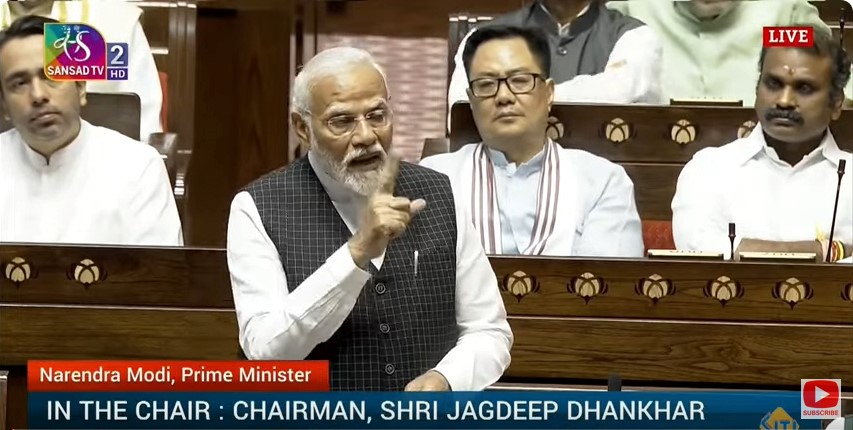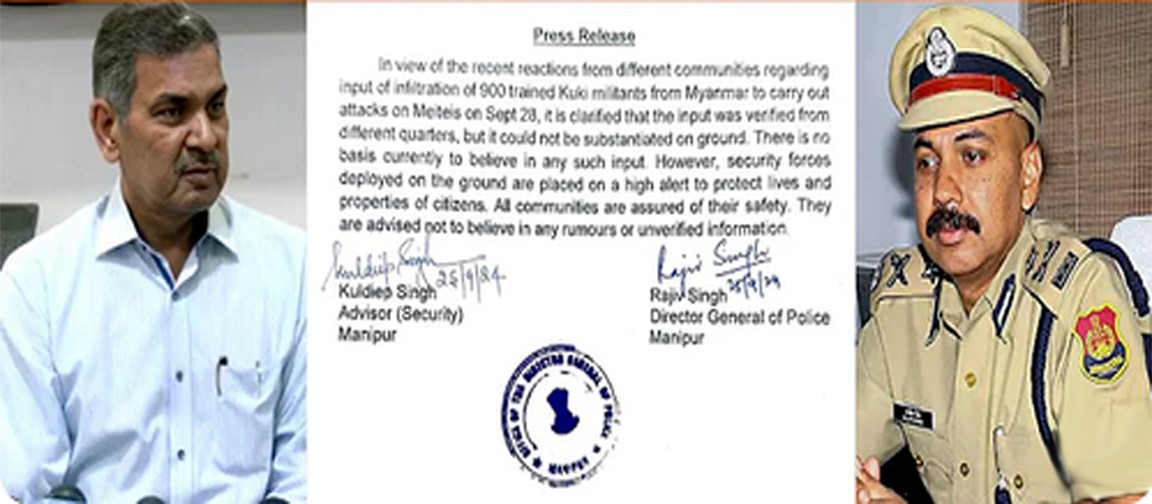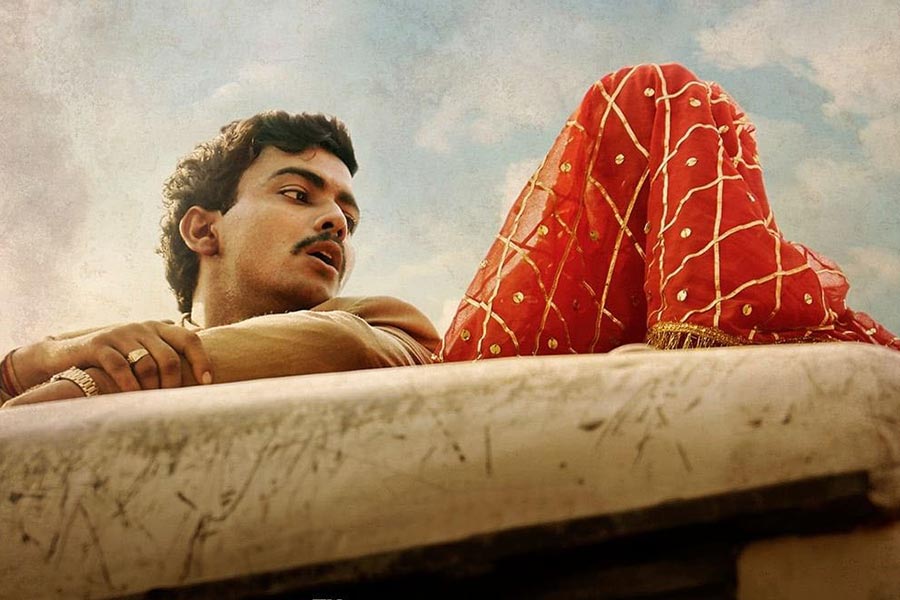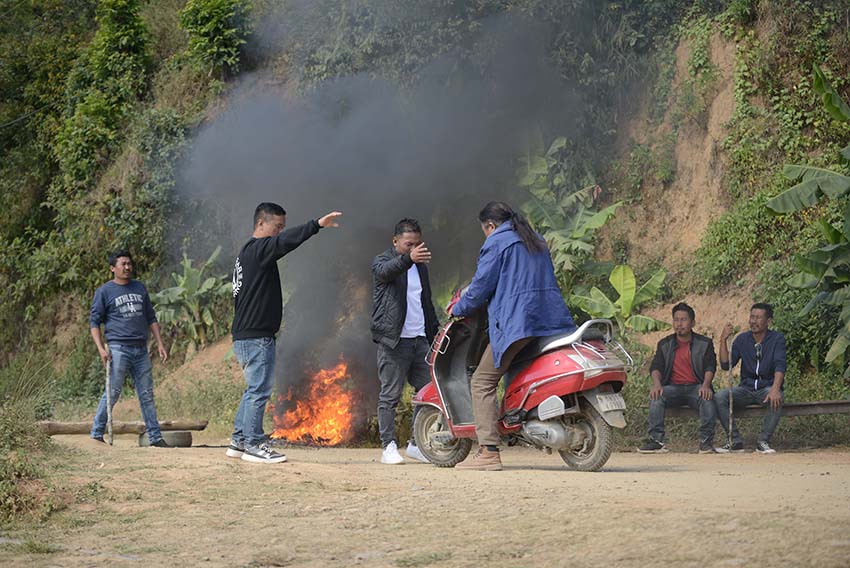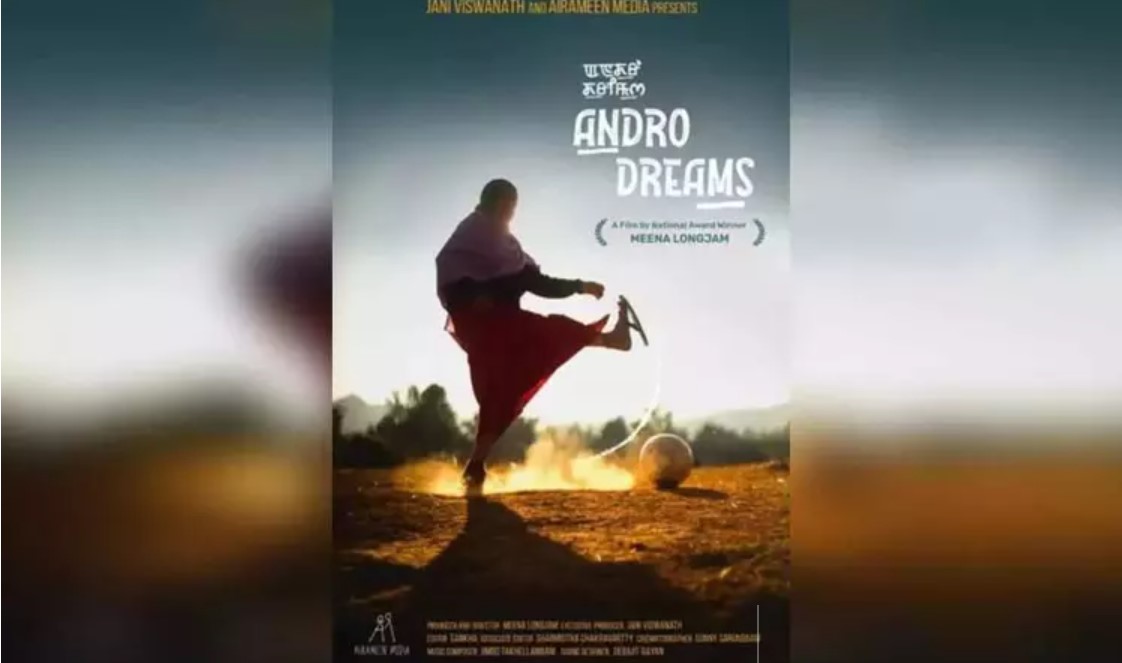Even though the Indian Prime Minister Narendra Modi opens his mouth about the Manipur issue in the Parliament at last, his speech is hard to meet the ground realities and seems cold-hearted towards the people of Manipur particularly the victims from his speech and body language. He didn’t say even a word of expressing sadness of the victims of the violence that has been continuing since May 3 last year.
In his 134-minute speech in the Upper House of the Parliament – Rajya Sabha, PM Modi gave a mere five-plus minutes to the situation in Manipur after the Oppostion India Bloc persistently poited out the no-mention of Manipur in the Presidential address to the joint sitting of the both houses and persistent pressure to the Narendra Modi Government by sloganeering about Manipur in the Parliament to address the Manipur issue; and questioning the reasons of absence of Manipur in the President’s speech and silence of the Central Government on Manipur issue by Manipur MP Dr. Angomcha Bimol Akoijam in his maiden speech in the midnight hour on July 1, 2024 in the debate on the “Mothion of Thanks’ on the President’s Address.
On July 3, Prime Minister Narendra Modi was replying to the debate on ‘Motion of Thanks’ on the President’s address in the Rajya Sabha where there is no opposition member from Manipur except his ruling party, BJP’s MP Maharaja Leishemba Sanajaoba. Modi’s remarks on Manipur came a day after his speech in Lok Sabha where he maintained the no-mention of Manipur was marked by sloganeering by opposition members who were urging him to address the Manipur issue.
Prime Minister Modi’s statement comes in the wake of persistent protests by the Opposition, which has accused the PM of being silent on the issue and not visiting the State even once. The Congress MPs from Manipur, Angomacha Bimol Akoijam and Alfred Kanngam S. Arthur, had led the protest in the well of the Lok Sabha on Tuesday, July 2 as the Prime Minister spoke.
Prime Minister Narendra Modi on July 3 in the Rajya Sabha said that the Central Government is making efforts to normalise the situation in the North-Eastern State of Manipur, which has been witnessing the violent conflict between the Kuki-Zomi militants and the Meiteis since May 3 last year.
This brief mention of Manipur in his 134-minute long speech marks only the second time he has spoken about the Manipur issue in the Parliament in the last 14 months since the violent conflict erupted last year. During his remarks, he acknowledged the violent crisis but emphasized the efforts being made by both the Central and State Governments to normalise the situation.
“The Government is continuously making efforts to normalise the situation in Manipur. More than 11,000 FIRs have been registered and over 500 people arrested in the very small State of Manipur. Incidents of violence are continuously reducing in Manipur”, PM Modi said.
He further said that the Central and the State Governments are establishing interactions with all stakeholders to restore peace.
“Today, schools, colleges, offices and other institutions are open in the State. National examinations are also conducted in Manipur. The Central and the State Governments are talking to all stakeholders to restore peace”, he said.
Addressing the opposition, PM Narendra Modi further attacked the Congress party adding that Manipur has had a “long history” of deep-rooted “social tensions”, and “Congress people should not forget that because of these reasons, President’s rule had to be imposed 10 times… There have to be some issues. And this has not happened in our tenure.”
“Many politicians are attempting to take political advantage. In 1993, similar incidents happened and lasted for five years. We need to address this carefully by understanding history,” he remarked.
“The Central and State Governments are working together and the smallest units are being brought along to bring peace in Manipur. The Home Minister spent several days there, senior government officials visit the State regularly and are in touch with people there,” he said. Given the likelihood of flooding in the State, the Centre is extending all help and has sent two teams from the National Disaster Response Force as well, he added.
He further called on the opposition leaders to cooperate with the government to restore peace in the State.
“Leaving behind politics, we should cooperate to restore peace in Manipur”, he said.
However, many of the statements in the speech of the Prime Minister Narendra Modi in the Rajya Sabha about Manipur situation appear to deviate from the ground realities.
Reagrding 11,000 FIRs, earlier, official sources said that the clean-up of records has brought down the total number of violence-related First Information Reports (FIRs) from over 11,000 to around 3,000. The number of cases had shot up due to overlap, several duplicate FIRs for the same incident and thousands of Zero FIRs.
The question is – has the number of FIRs stopped the Kuki-Zomi militants from attacking the Meitei villages in the peripheries to dominate the areas as their exclusive territory. If that is the case, why the Kuki-Zomi militants started attacking Meiteis in the relatively peaceful Jiribam district till they killed a Meitei on June 6 and burned down houses so that the Meiteis flee to survive? And what about the Kuki militants’ attack on the villages of Sanasabi, Thamnapokpi and Yaingangpokpi in Imphal East district on July 2 from the surrounding mountains?
When the schools, colleges, offices and other institutions are open in Manipur, can the students and faculty members can attend to their original schools, colleges, officices and other institutions? Is functioning of the insitutions in the limited jurisdiction for selective communities an example of normalcy?
Of the 10 times when President’s Rule, or Article 356, has been invoked in Manipur, six were in the late 1960s and the 1970s, when the country was seeing a rise of political parties opposed to the Congress, and when there was political instability in Manipur. Though a peaceful stint in the 1980s, Central rule returned in 1981 and 1992 all for political instability due to the culture political horse trading and defections from one party to another. The President’s Rules in Manipur except the one imposed on December 31, 1993 till December 13, 1994 were due to political instabilty. Almost one year President’s Rule in 1993-94 was in the wake of bloody ethnic clashes between the Kukis and Nagas.
But the President Rule imposed on June 2, 2001 untill a new government was formed in 2002 March was during Bharatiya Janata Party (BJP) led National Democratic Alliance (NDA) Government under Prime Minister Atal Behari Vajapyee and during which the Great June Uprising on June 18, 2001 to protect the territorial integrity and unity of Manipur happened and 18 civilians were killed by Central Armed Police Forces.
On what basis Meiteis and Kukis are said to have a long history of deep rooted social tensions while the Kukis were saved during the Kuki-Naga ethnic clash during 1992-97 and given shelter by the Meiteis? Even they were allowed to establish their village near Meitei settlement areas.
Which ethnic conflict in 1993 happened as mentioned by the Prime Minister that lasted for five years? If it is the Kuki-Naga ethnic clash, the context of the time is very different from today’s context of Manipur. The context of the conflict between the Kukis and Nagas is also different from the present crisis. During the Kuki-Naga ethnic clash in 1990s, they were not partitioned as in the case of Meiteis and Kuki-Zomis. During the Kuki-Naga ethnic clash Meiteis were neutral and helped victims from both communities and Meteis can move every where.
Now, in the present violent conflcit Meiteis are not allowed to venture out in all the areas of Valley districts. Kukis cannot comedown to Imphal. Meteis cannot access the National Highways to travel to other states connect with the rest of the country. Free movement of transportations for essential commodities including foods and fuels, and medicines are not allowed by the Kuki-Zomi militants.
Despite the statements of the Prime Minister Narendra Modi, all the people of the State do not feel safe and secure while more than 60,000 people are languishing in relief camps. Does the deliberate mention of the ethnic clash in the 1993 that took fives years to come to normalcy imply that the present violent conflict will continue for five years or more?
Nevertheless, from Prime Minister Narendra Modi’s speech in the Rajya Sabha no cmmitment to end the continued violent conflict between the Kuki-Zomi militants and Meiteis soon is evident.



